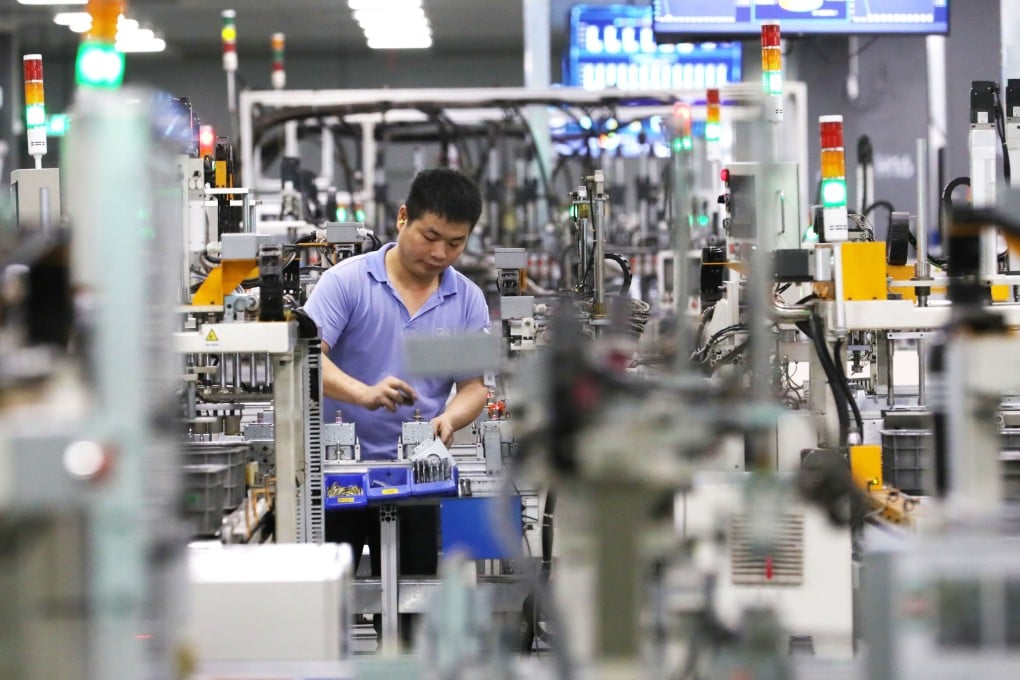China’s looming population crisis throws the spotlight on workplace age discrimination
- Age discrimination in China’s workforce could have potentially serious economic consequences as the population gets older and the workforce shrinks
- Workplace ageism in China, which is not illegal, usually starts around 35 years old and has the potential to make gender discrimination even worse

Even at 24 years old, Jack Yang is wary about entering his 30s while working in China’s cutthroat tech sector.
Yang, who would only use his English first name due to the sensitivity of the topic, said his department recently laid off an employee above 35 on the grounds of poor performance. But everyone in the office knew better.
“When you reach 35 years old, if you are not promoted, you will have to leave,” said the young programmer who is interning for one of China’s biggest e-commerce firms.
While it is not always as black and white, ageism is pervasive in China and typically starts around 35, earlier than the international average, according to a June research note by the Peterson Institute for International Economics (PIIE).
State media even has a name for it, the “age 35 phenomenon”, while Chinese in their early 30s talk about “35-year-old anxiety”.